As they advance further in their careers, become more comfortable with managing their finances and start families, millennials are now outpacing other generations for first-time homeownership. But as many as two-thirds of the millennials who have taken the plunge into homeownership are reporting major buyer’s remorse, citing frustrations from hidden costs to rushed closing. Here are the common reasons millennials regret buying their home.

Hurried Purchasing Timeline
It’s important to note that 44 per cent of all homeowners have regrets, but that number jumps to 63 per cent for millennials. One of the factors that impacts buyer’s remorse is a hurried purchasing timeline.
Related: Do These Canadian Real Estate Markets Favour Buyers or Sellers? The Results Will Surprise You

Hurried Purchasing Timeline
Millennials are often balancing many unique factors when buying their first home, such as fluctuations in income and paying off student loan debt. The added pressure of needing to post offers or close a sale quickly can cloud an already complicated decision process.
Related: 7 Reasons Why Buying a House in the Winter is a Smart Move

Size
Many millennials in urban centres enter the real estate market with starter homes that are spacious for a solo buyer or a couple, but prove cramped when trying to build a family.

Size
Young homebuyers can experience frustration and regret about buying their home when they realize they need a bigger space. This is particularly stressful when planning a family and having to consider possibly moving neighbourhoods or adjusting commutes to get a larger home.

Noise From Traffic
Many first-time homebuyers underestimate the sound of traffic on adjacent streets. Noisy neighbours (especially if you live in a condo) can also impact one’s frustration.

Noise From Traffic
Unwanted and loud noises can impact concentration, sleep quality and the overall ambience of a home.

Too Expensive
A mortgage is a significant financial commitment and weighs heavily in how homebuyers anchor and plan their income streams. For example, having to manage a home as an investment can come at the expense of taking a job that may be more rewarding if it comes with a lower salary or a reduction in other financial benefits.


Too Cheap
Sometimes, a house that comes at a bargain is a renovation or two away from your dream home. However, large renos can drain your money and often leave owners feeling trapped.
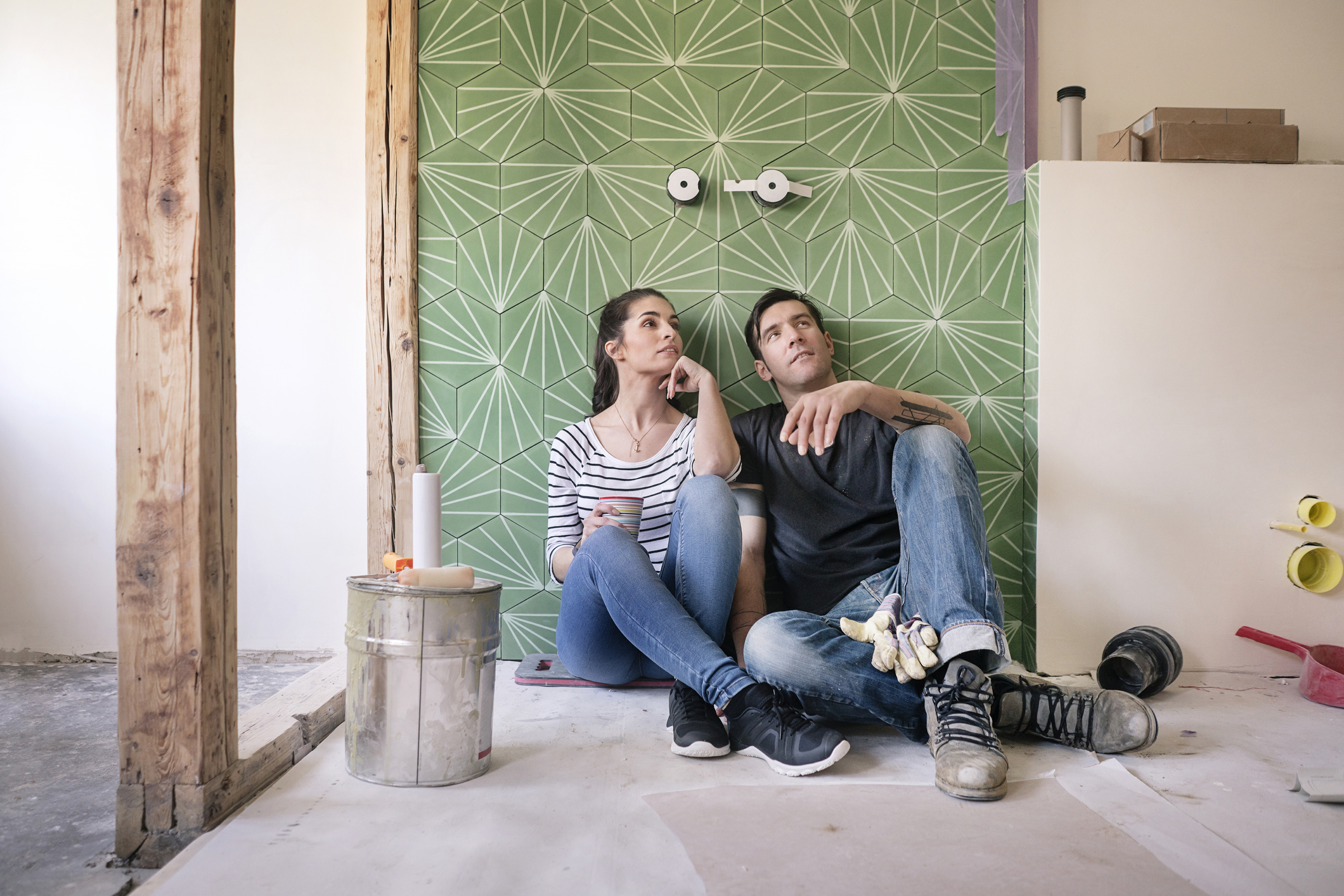
Too Cheap
The considerable undertaking of managing a renovation can be overwhelming, time-consuming and expensive and often proves itself as an unforeseen regret to owners just entering the market.
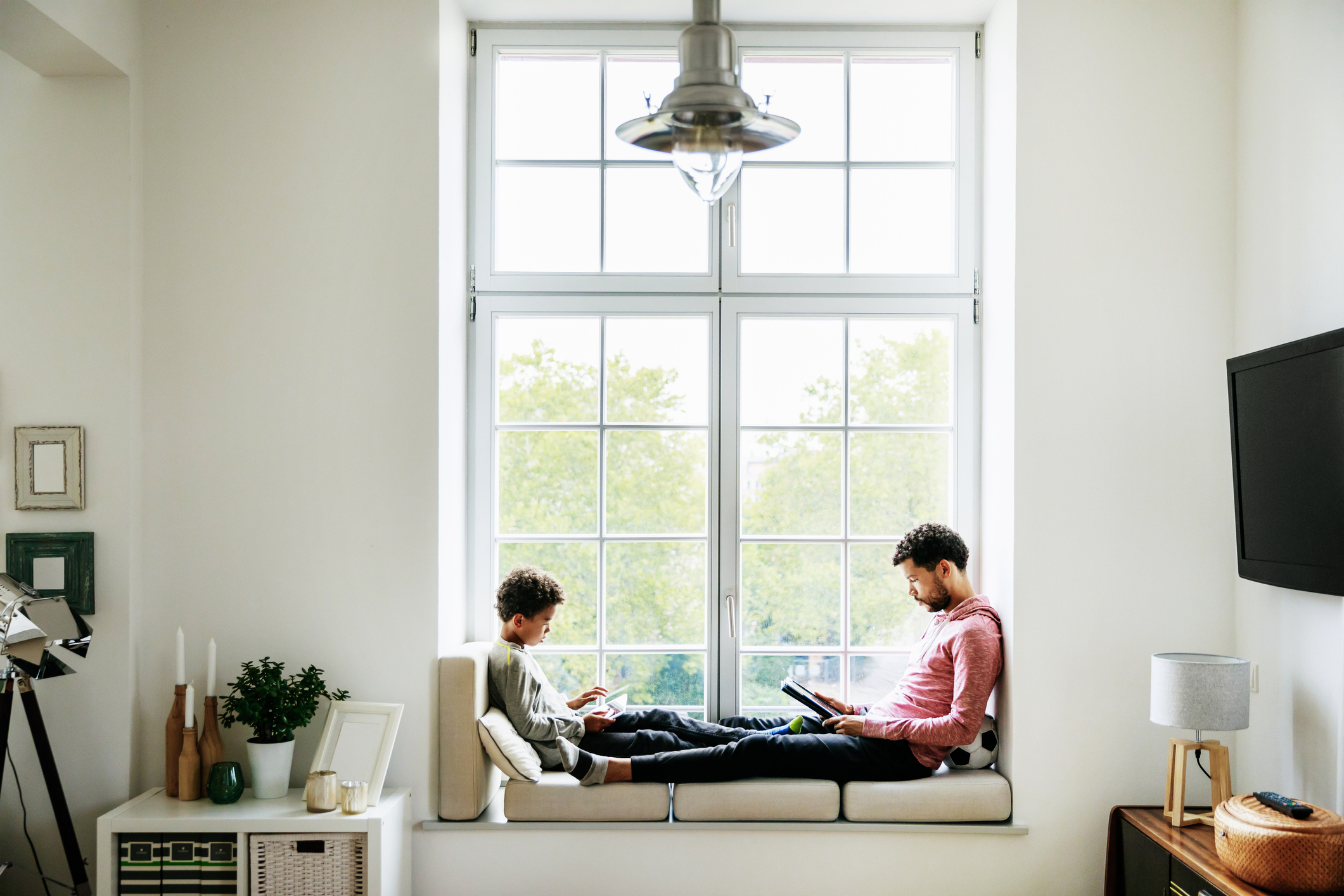
Not Enough Light
Never underrate the value of light- it can change the entire livability of a space. Many new homeowners overlook this detail when weighing it against other factors impacting their buying decision.

Not Enough Light
Sunlight affects your energy, mood and productivity and living in a home that does not capitalize on natural sunlight can turn your home into a gloomy, dour space.
Related: 10 Signs it’s Time to Replace the Windows in Your Home
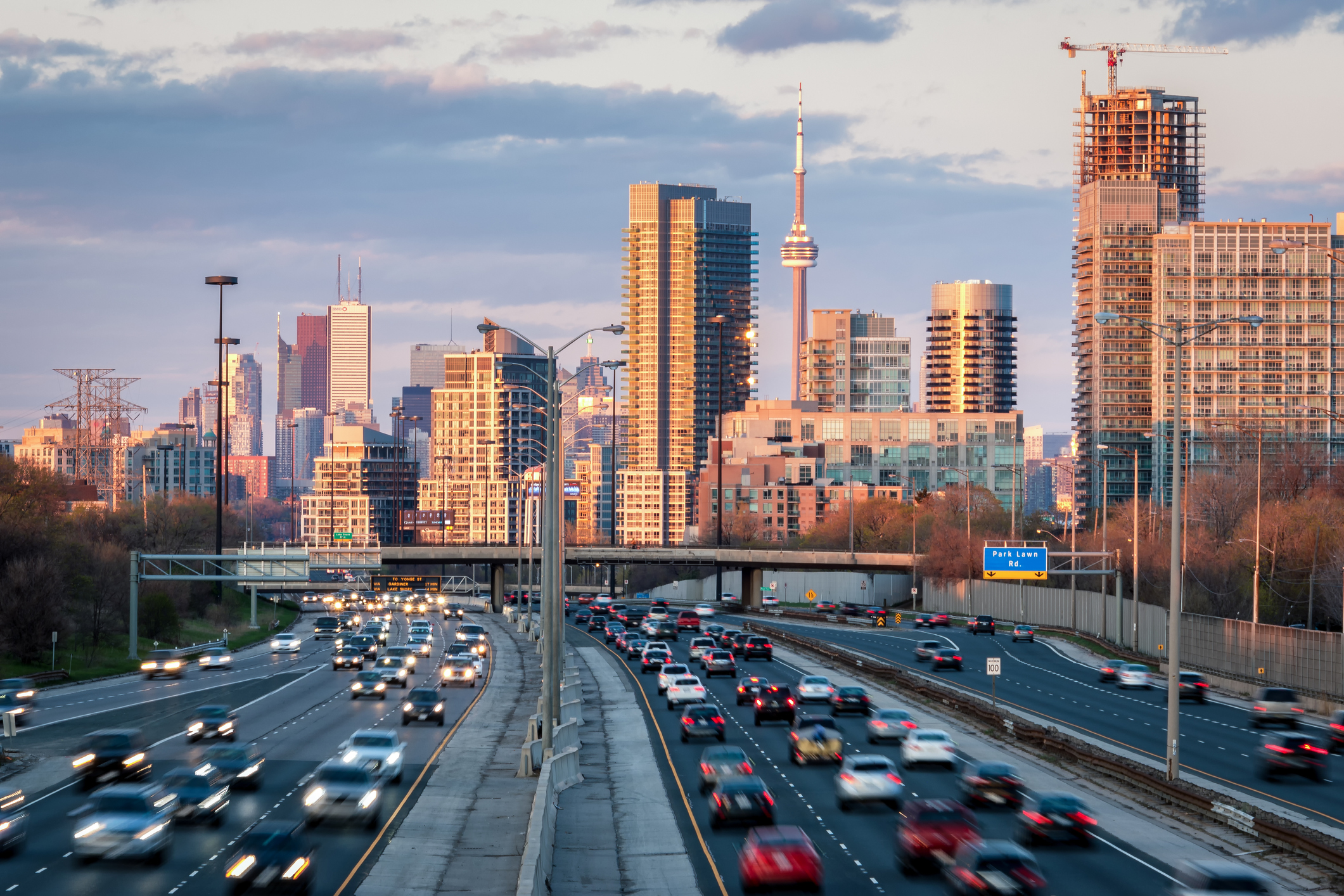
Commute Time
In the moment, sacrificing location for a bigger home, better amenities or more outdoor space can seem like a trade that will pay off in your quality of life. Yet, many millennial homebuyers report that a long commute to get to the office or visit friends and family is draining.

Commute Time
When considering any particular home, make a realistic assessment of how long it would take you to get to your frequent destinations and how those routes are impacted by rush hour or road closures.
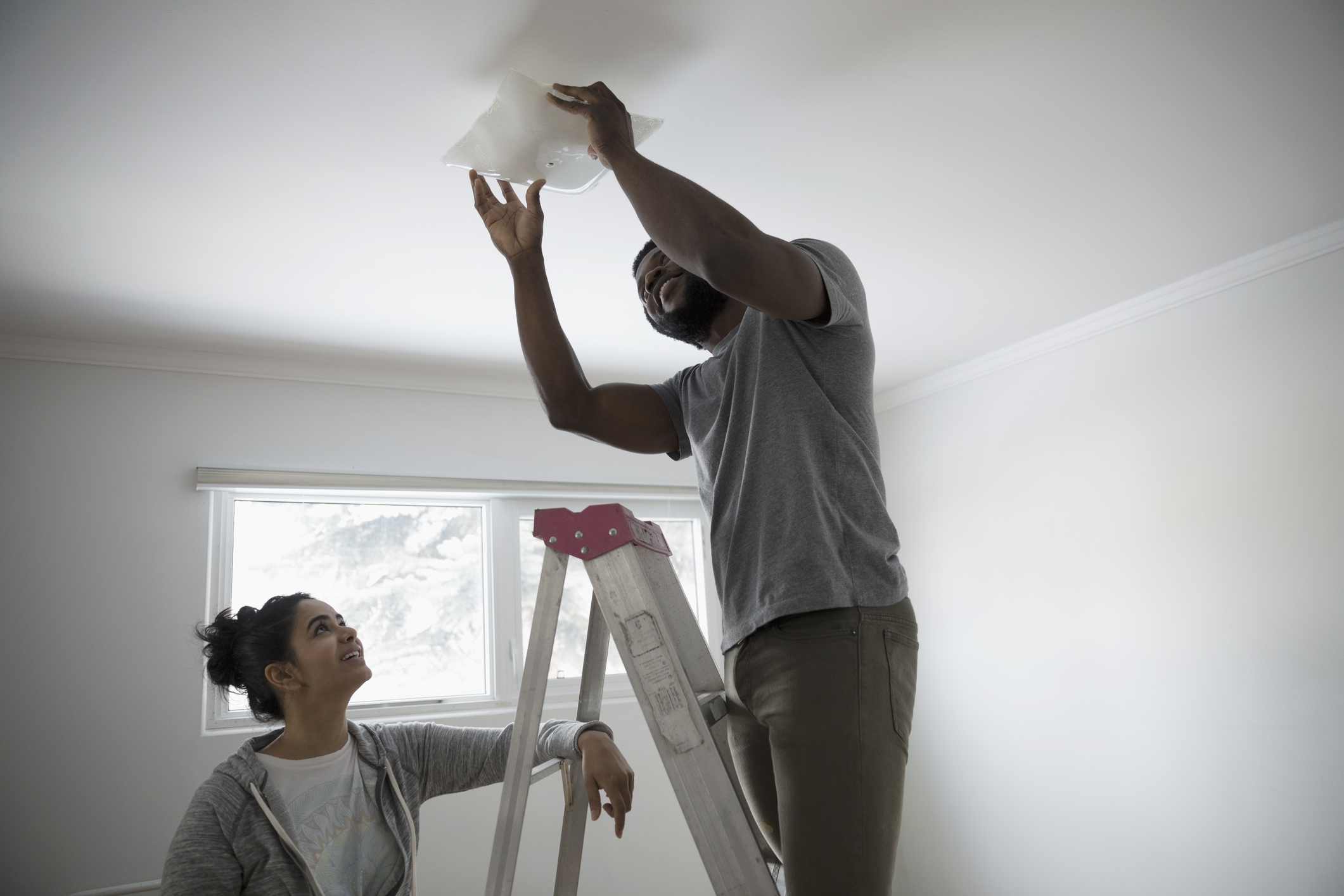
Maintenance
The biggest difference between renting vs. buying is the level of responsibility that falls to the buyer in managing the upkeep of the property.
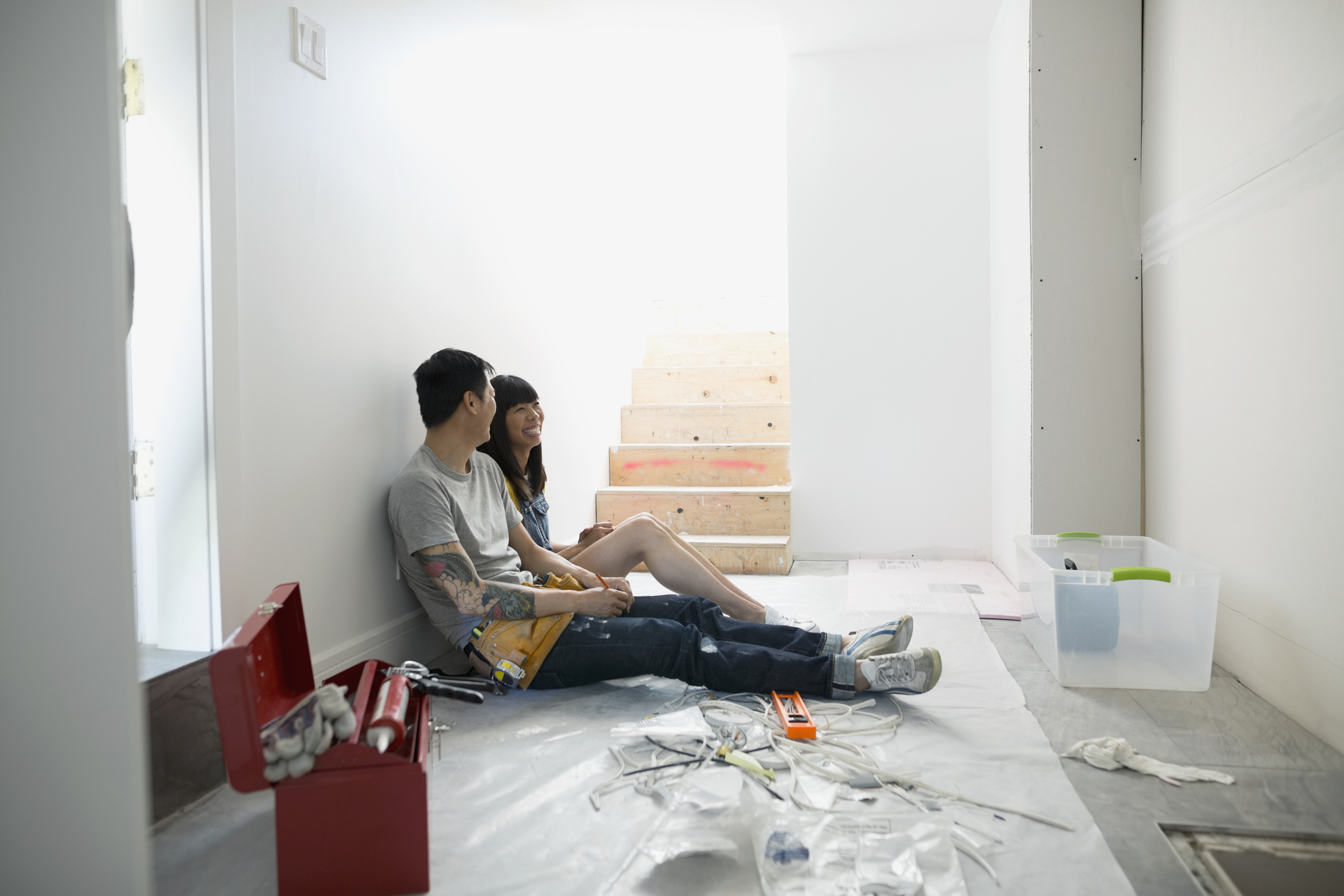
Maintenance
New homeowners often become overwhelmed with fixing problems that pop up around the household – from plumbing and electrical to cleaning roof gutters to calibrating a stove – all of which are necessary to maintain a safe, livable space. It takes time and money to maintain a home.

Hidden Costs
When new homeowners are assessing affordability of a potential property, often they are comparing the proposed mortgage vs. their current rent. However, these aren’t the only numbers that factor into your budget.

Hidden Costs
First-time buyers often experience sticker shock when confronted with property tax, insurance and closing costs – which can often run up to five per cent of the overall purchase price.
Related: The Do’s and Don’ts of Buying Property With Friends
HGTV your inbox.
By clicking "SIGN UP” you agree to receive emails from HGTV and accept Corus' Terms of Use and Corus' Privacy Policy.




